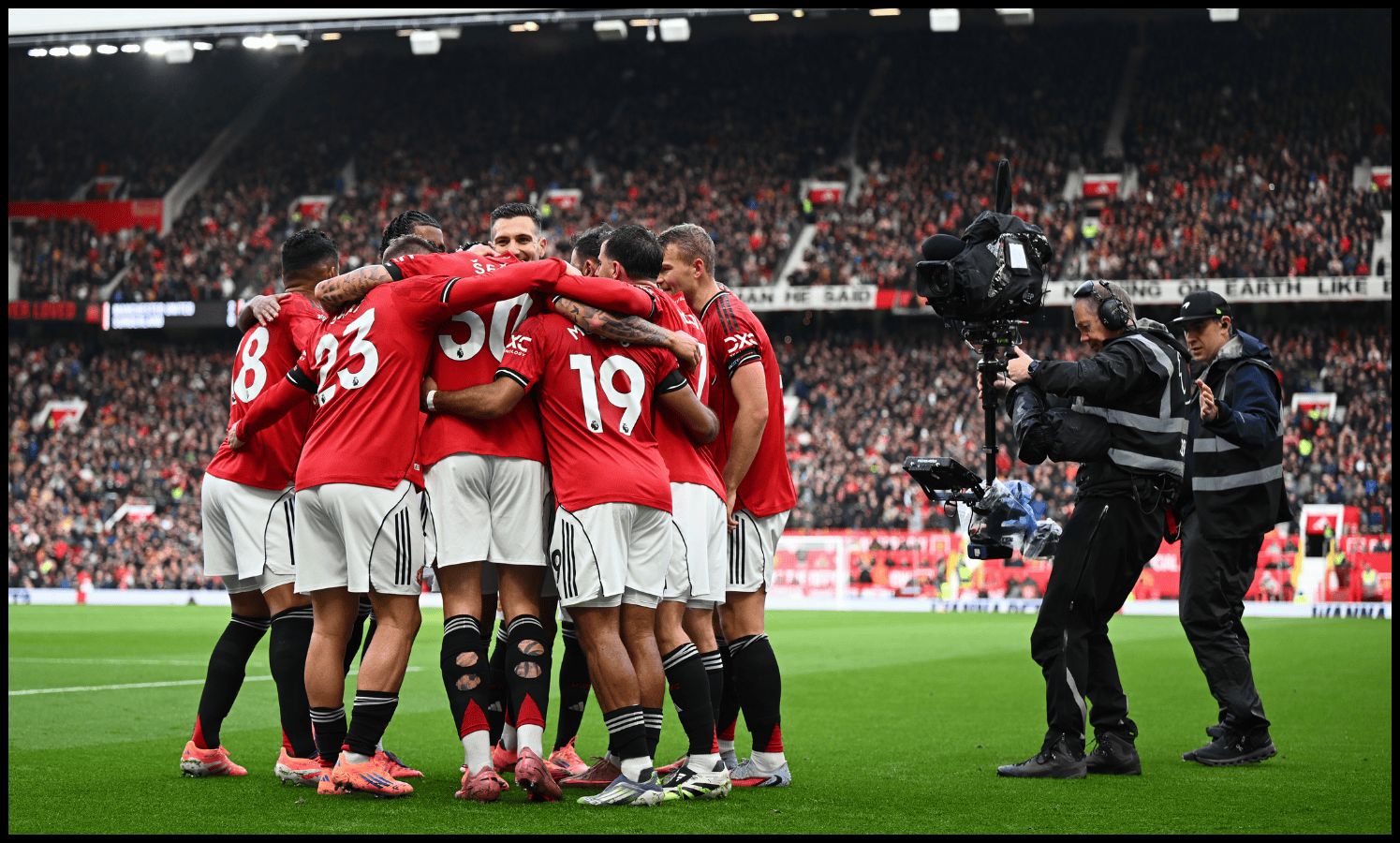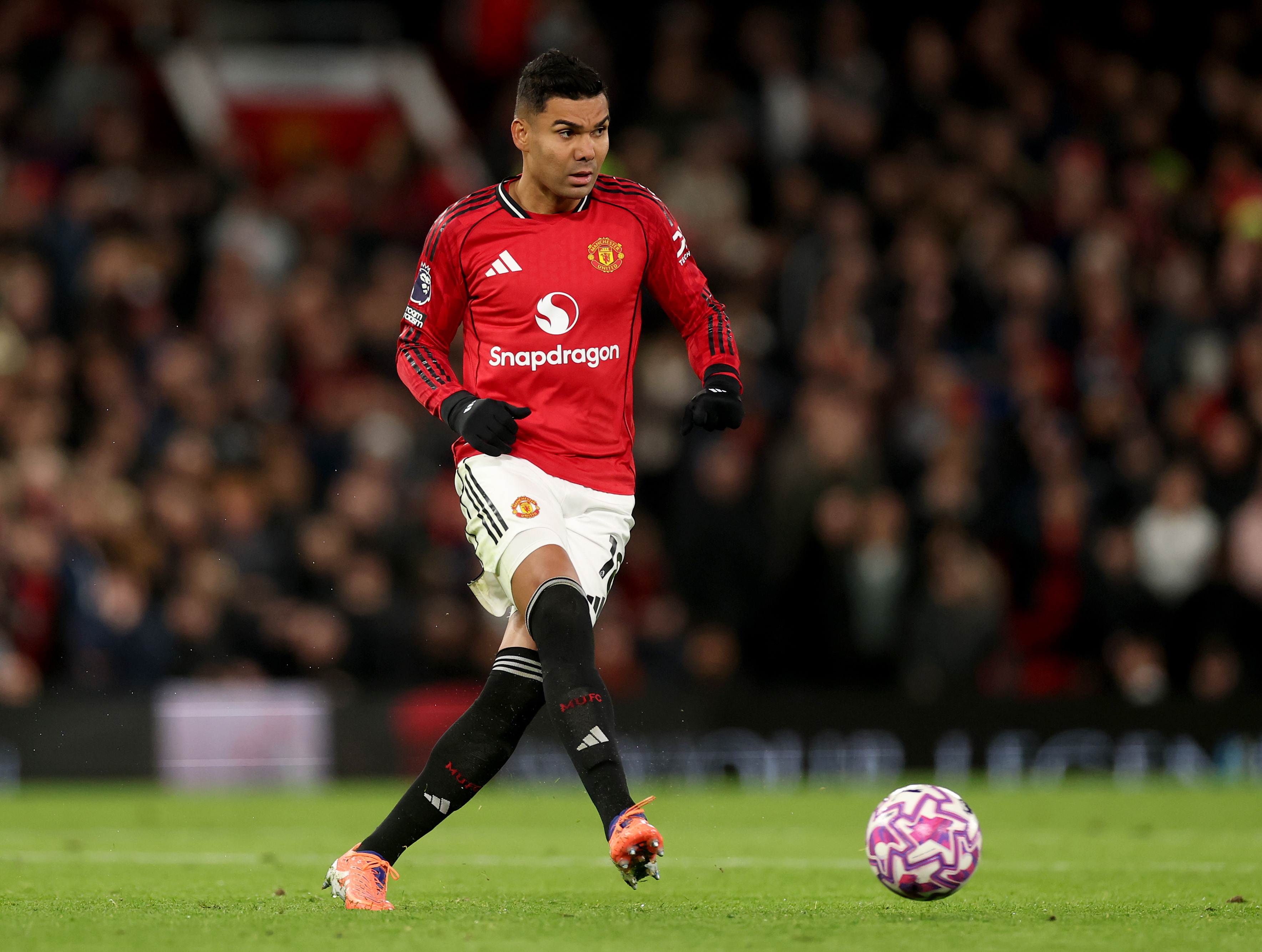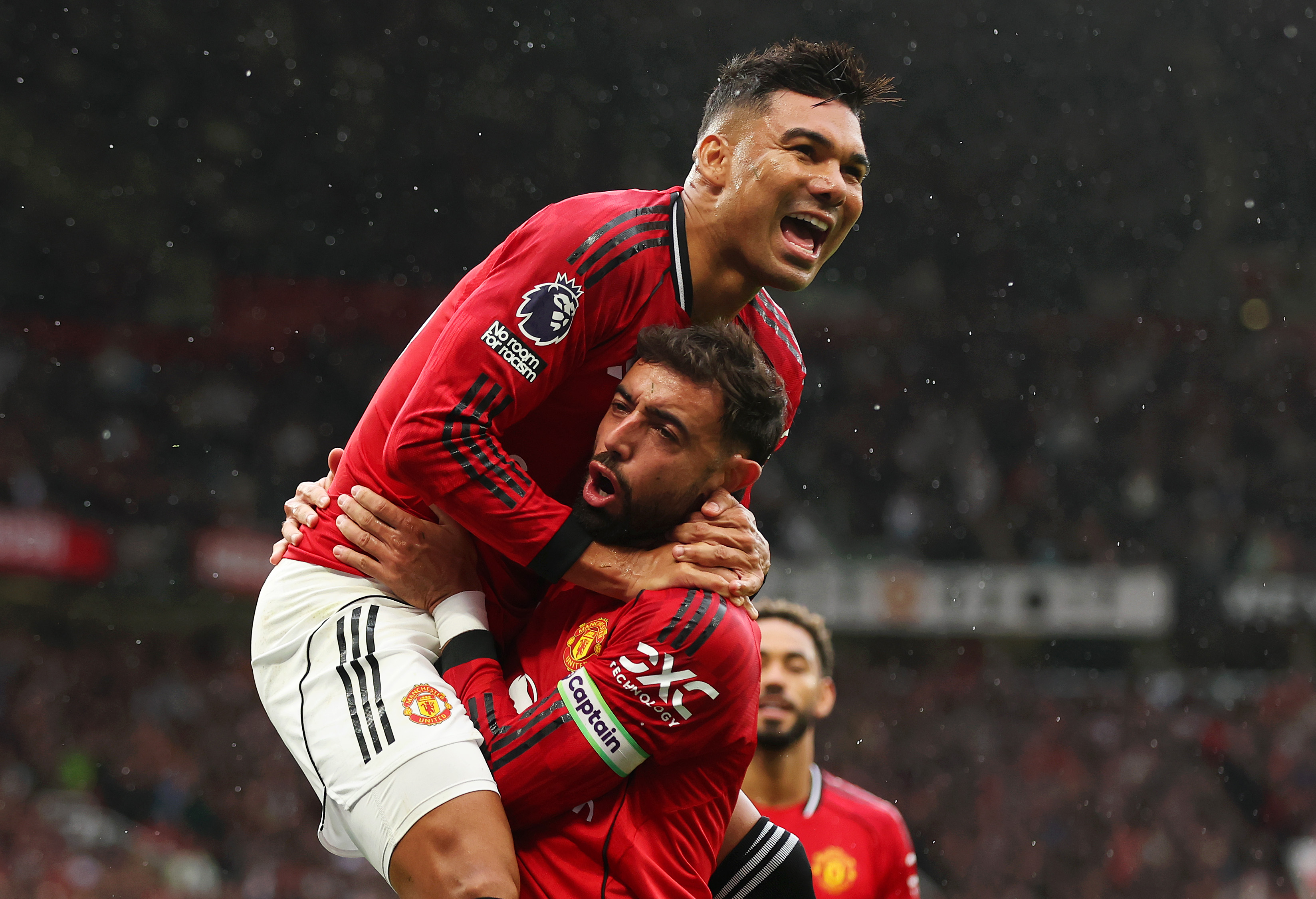Bryan Robson’s Bold Claim: Casemiro Holds the Highest Football IQ in History, Igniting a Controversial Debate on Intelligence in the Game and its Impact on Success
In the realm of football, where talent is often measured in goals, assists, and accolades, Bryan Robson’s recent assertion elevates the conversation to a new level. The Manchester United legend has publicly declared that Casemiro possesses the highest football IQ of any player, past or present. This statement not only praises the Brazilian midfielder’s unique abilities but also challenges conventional notions of what constitutes greatness in the sport.
Casemiro’s journey to prominence is marked by a relentless pursuit of excellence. Over the past decade, he has emerged as one of Europe’s most reliable midfielders, playing an essential role in Real Madrid’s dominance, which includes five UEFA Champions League titles. His tactical intelligence and ability to read the game have set him apart from his peers, making him a critical asset for both club and country.
Robson’s choice of Casemiro as the embodiment of footballing intelligence is noteworthy, especially considering the evolution of the game itself. Traditionally, attributes like speed, strength, and technical skills have been the focal points when evaluating players. However, Robson’s focus on football IQ highlights a growing recognition of the cerebral aspects of the game. In an era where tactics and formations can shift dramatically within a match, having a player who can not only execute but also anticipate plays is invaluable.
When Casemiro joined Manchester United for a substantial fee of £70 million in 2022, many questioned whether the 30-year-old could adapt to the demands of the Premier League. His initial struggles to fit into the system implemented by Erik ten Hag raised eyebrows, but it wasn’t long before his value became apparent. The veteran midfielder has proven that age is not a barrier to performance; rather, it can enhance a player’s understanding of the game. His ability to adapt his playing style, moving from a high-pressing role to a more strategic position as a fourth defender, demonstrates his footballing intellect.
Ruben Amorim, the current manager of Manchester United, has recognized Casemiro’s influence on the team’s stability. Initially, Casemiro found himself on the bench as the squad adjusted to Amorim’s tactics. However, the coach soon realized that the team functioned more effectively with Casemiro in the starting lineup. This revelation underscores the importance of having a player who can not only follow instructions but also elevate the performance of those around him through intelligent play.
Casemiro’s contributions extend beyond mere statistics; he is a player who shapes the dynamics of matches. With 134 appearances for Manchester United, he has scored 20 goals and provided 13 assists, showcasing his ability to contribute offensively while maintaining his primary role as a defensive midfielder. His recent performances, including impactful displays against Nottingham Forest and Brighton, further emphasize his dual-threat capability.
The debate surrounding intelligence in football is nuanced and can be polarizing. Critics may argue that placing emphasis on football IQ over traditional metrics undermines the physical and technical aspects of the sport. Yet, Robson’s assertion invites a broader discussion about the evolving nature of football. As teams become increasingly tactical, the ability to think and react quickly becomes paramount.
Casemiro’s journey in football reflects a broader trend where the emphasis is shifting from raw talent to a more holistic understanding of the game. His success highlights the importance of adaptability and intelligence, qualities that are essential for both individual growth and team cohesion. In a sport that often glorifies individual brilliance, Casemiro represents a new archetype of the modern footballer—one who combines skill with intellect.
This shift in focus also raises questions about how clubs evaluate players. Scouting reports often prioritize physical attributes and technical skills, but as the game evolves, so too must the criteria for assessing talent. Clubs may need to invest in psychological evaluations and cognitive testing to identify players who possess the necessary intelligence to thrive in complex tactical systems.
As Bryan Robson continues to advocate for Casemiro’s unparalleled football IQ, the conversation surrounding intelligence in football is sure to intensify. This discourse not only challenges the status quo but also encourages a deeper appreciation for the multifaceted nature of the game. The implications of this conversation extend beyond individual accolades, influencing how teams are built and how success is measured in the ever-evolving landscape of football.

It’s safe to say Manchester United legend Bryan Robson is a huge fan of Casemiro.
At a recent event, Robson was put on the spot by Mail Sport to build his perfect footballer.
Including the likes of Paul Gascoigne (right foot), himself (left foot) and Roy Keane (strength), he opted for United’s No.18 when it came to ‘footballing IQ’.
BUILD A PLAYER with Bryan Robson 🧱⚽️ pic.twitter.com/P5tSbN2PsB
— Daily Mail Sport (@MailSport) November 5, 2025
Casemiro has proven his reliability for over a decade

(Photo by Carl Recine/Getty Images)
In truth, there’s a reason why the Brazilian was one of Europe’s most consistent and dependable midfielders for years on end.
He played an absolutely integral role in Real Madrid’s frequent triumphs, and ended his nine-year tenure with five Champions Leagues to his name.
Despite being 30 years old at the time of his arrival at Old Trafford, United shelled out £70 million to add Casemiro to Erik ten Hag’s ranks in 2022, signing him on a four-year deal, plus the option of a further 12 months.
Casemiro has now racked up 134 appearances in Red, whilst also establishing himself as something of a goalscoring midfielder by notching 20 goals in that time (as well as 13 assists).
His most recent contribution came against Nottingham Forest last weekend in a 2-2 draw. The week prior, he scored and assisted in United’s 4-2 win over Brighton and Hove Albion.
Amorim concedes United work better when Casemiro plays

(Photo by Jan Kruger/Getty Images)
Initially, when Amorim took the reins in M16, Casemiro fell in the pecking order after struggling to adjust to the new system the coach had implemented.
However, after plenty of trialling and rotating, Amorim eventually acknowledged that his team were considerably more stable when the veteran started.
Casemiro has started eight of the side’s 10 Premier League matches played this term, being utilised off the bench against Manchester City and being suspended for the defeat away to Brentford due to the red card he was shown against Chelsea.
“He (Casemiro) has improved a lot, not just the way he plays, but the way he runs,” said Amorim back in May.
“We understood he can no longer jump all the time, pressing high. So sometimes it’s better to let him be the fourth defender and then put the wingbacks pressing high, so these are small things we’re trying to understand, trying to cope with all the characteristics of all the team, but the credit is for Casemiro.”
More Stories / Latest News
